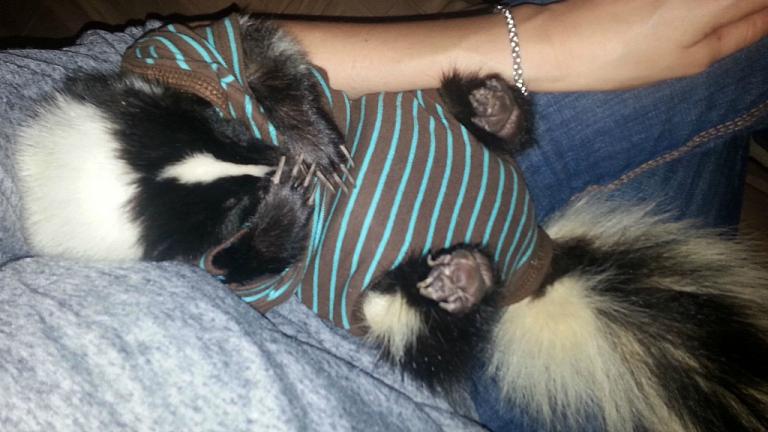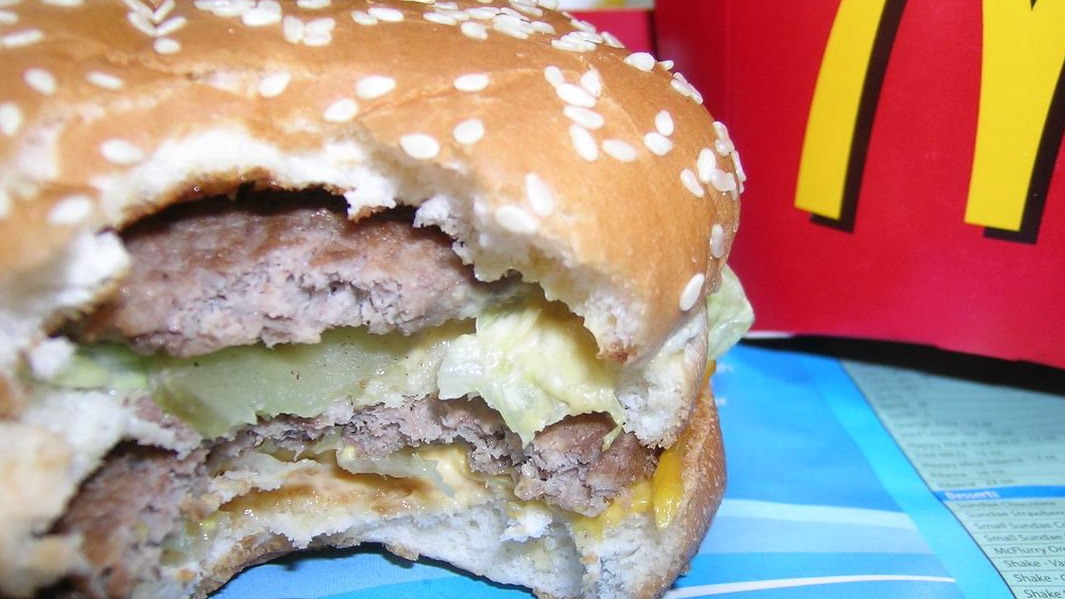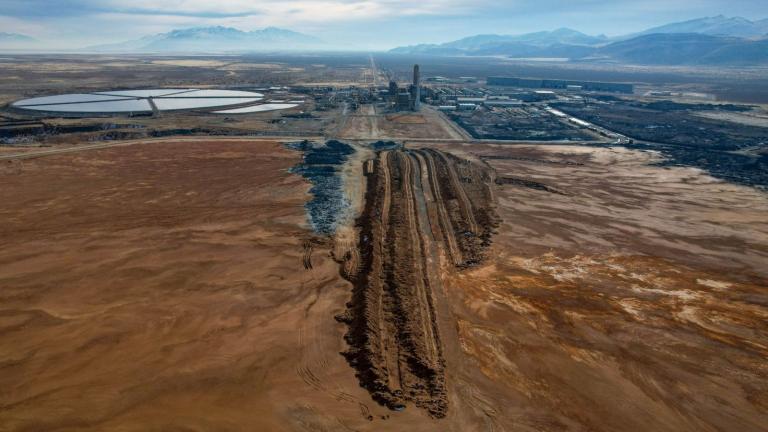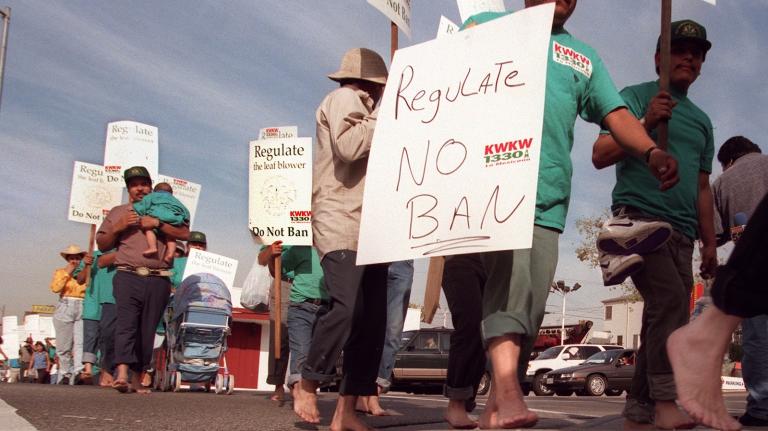We aren’t suggesting that you try this, but should you venture into a McDonald’s a few years from now and order a hamburger, some of the beef you end up eating may have come from a sustainably raised cow.
The fast-food giant’s first planned purchases of frozen beef patties from “verified sustainable sources” will begin in 2016, the company announced today. That’s an important step because McDonald’s is a huge international dealer in beef — it sells more than $5 billion a year worth of Big Macs and less iconically branded hamburgers. Here’s more from Joel Makower at GreenBiz:
“Our vision is to buy verifiable, sustainable beef in the future for all of our beef,” said Bob Langert, McDonald’s vice president, global sustainability. “We have achieved internal alignment and energy around that aspirational goal, which is a big task,” he told me during a November visit to the company’s headquarters in Oak Brook, Ill.
Langert says McDonald’s isn’t yet ready to commit to a specific quantity it will purchase in 2016, or when it might achieve its “aspirational goal” of buying 100 percent of its beef from “verified sustainable sources.” (The company will only say that, “We will focus on increasing the annual amount each year.”) Realistically, it could take a decade or more to achieve the 100-percent goal.
But what is sustainable beef, exactly? (Is it ground off the hide of an ever-suffering but immortal cow, perhaps?) There is no clear definition, so McDonalds is working with other food giants and the World Wildlife Fund to try to figure that out. They’re collaborating through a group known as the Global Roundtable for Sustainable Beef. Again from GreenBiz:
The group developed six draft principles that the membership is currently considering, along with multiple criteria within each of those principles. The principles cover people (human rights, safe and healthy work environment), community (culture, heritage, employment, land rights, health), animal health and welfare, food safety and quality, natural resources (ecosystem health) and efficiency and innovation (reducing waste, optimizing production, economic vitality).
This is part of a bigger push by McDonald’s to be more green and socially responsible:
Beef isn’t the only sustainability issue the company is looking at. For years, the company has been addressing the environmental and social impacts of its supply chain, one ingredient at a time. The company’s Sustainable Land Management Commitment, unveiled in 2011, requires suppliers to gradually source food and materials from sustainably managed land, although there are no specific timelines, and it is initially focusing on beef, poultry, fish, coffee, palm oil and packaging. Notably missing for now are pork, potatoes and other produce.
There’s plenty more that is notably missing, including a willingness to pay workers a living wage.
Still, the beef shift should bring some real environmental and climate benefits. Watch for more on that from GreenBiz later this week, in parts 2 and 3 of its series on McDonald’s and beef.




